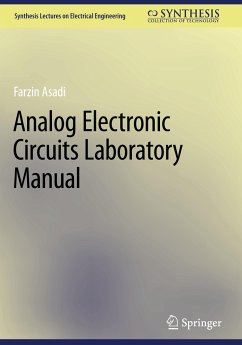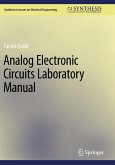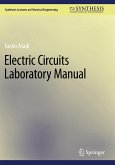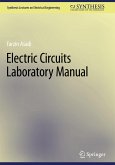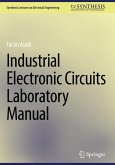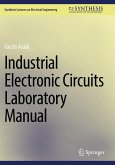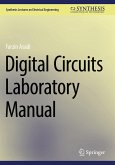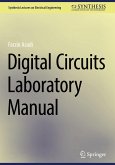This is a book for a lab course meant to accompany, or follow, any standard course in electronic circuit analysis. It has been written for sophomore or junior electrical and computer engineering students, either concurrently with their electronic circuit analysis class or following that class. This book is appropriate for non-majors, such as students in other branches of engineering and in physics, for which electronic circuits is a required course or elective and for whom a working knowledge of electronic circuits is desirable.
This book has the following objectives:
1. To support, verify, and supplement the theory; to show the relations and differences between theory and practice.
2. To teach measurement techniques.
3. To convince students that what they are taught in their lecture classes is real and useful.
4. To help make students tinkerers and make them used to asking "what if" questions.
This book has the following objectives:
1. To support, verify, and supplement the theory; to show the relations and differences between theory and practice.
2. To teach measurement techniques.
3. To convince students that what they are taught in their lecture classes is real and useful.
4. To help make students tinkerers and make them used to asking "what if" questions.

